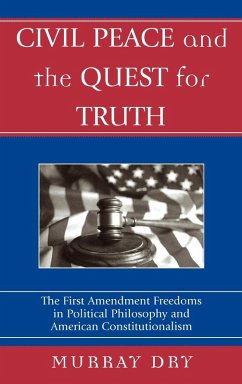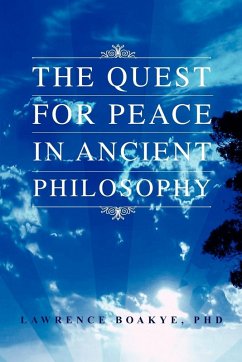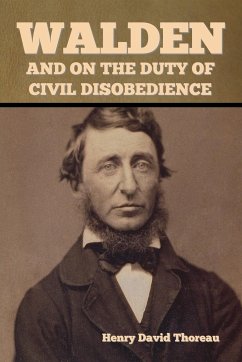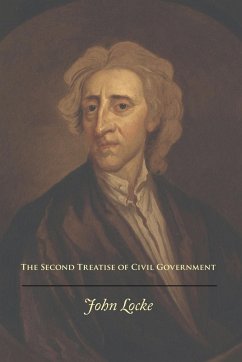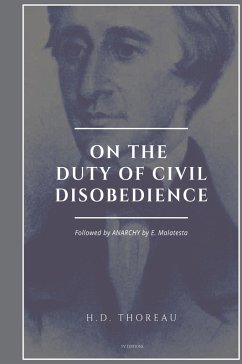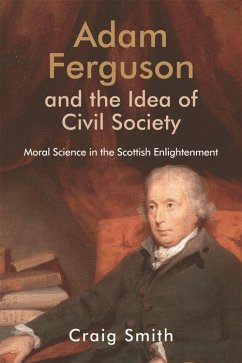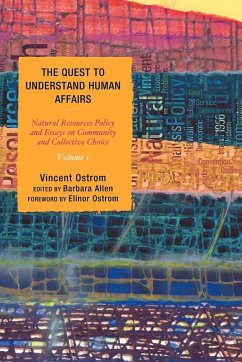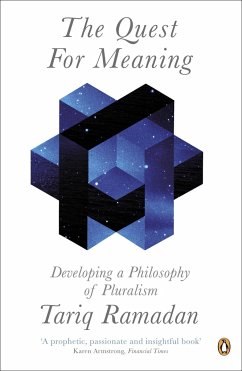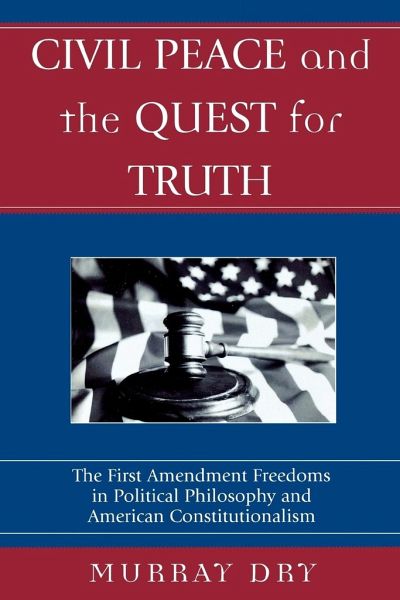
Civil Peace and the Quest for Truth
The First Amendment Freedoms in Political Philosophy and American Constitutionalism
Versandkostenfrei!
Versandfertig in 1-2 Wochen
54,99 €
inkl. MwSt.
Weitere Ausgaben:

PAYBACK Punkte
27 °P sammeln!
Dry examines the U.S. Supreme Court's treatment of the First Amendment freedoms of religion and speech against the founding of the American Constitution and its philosophical underpinnings.





